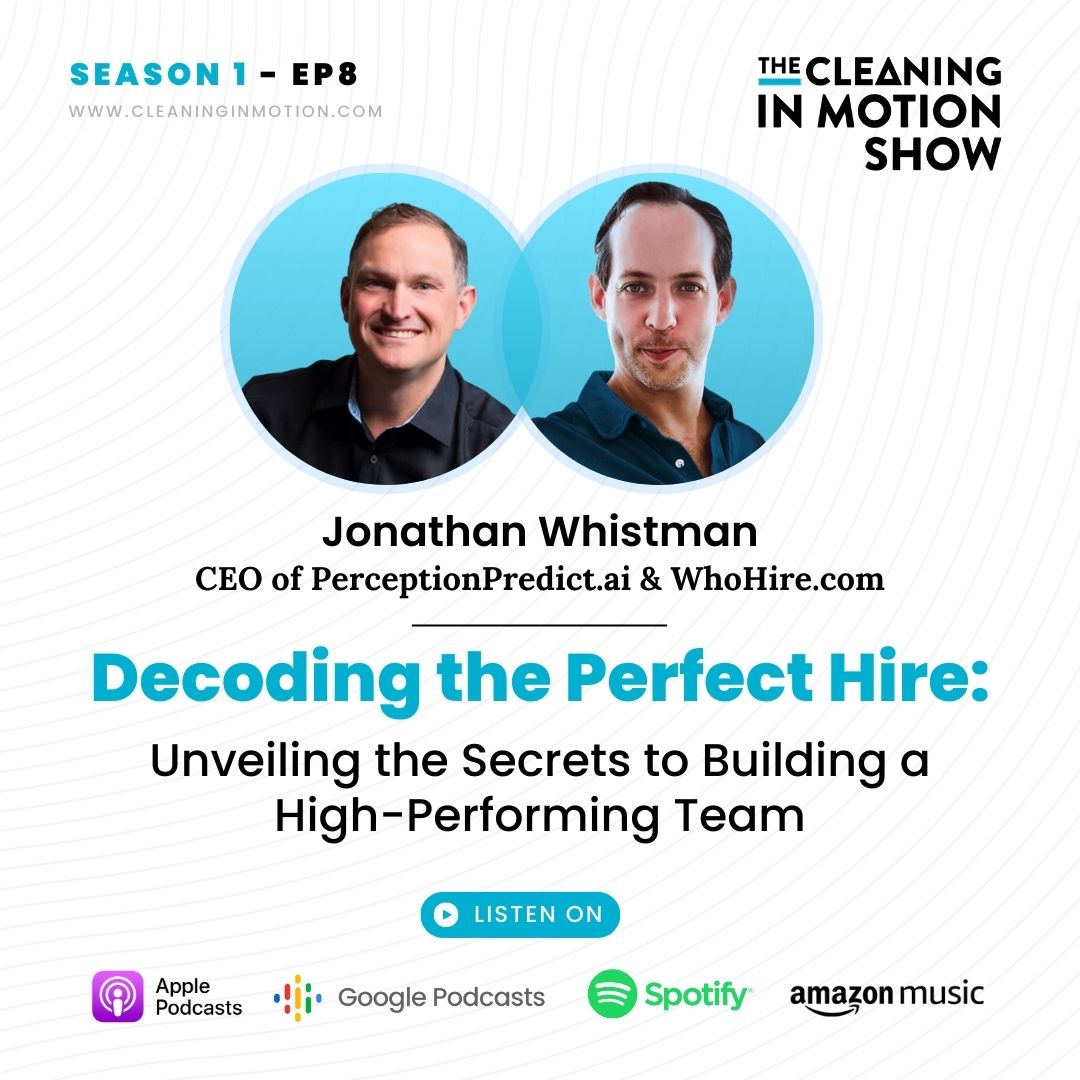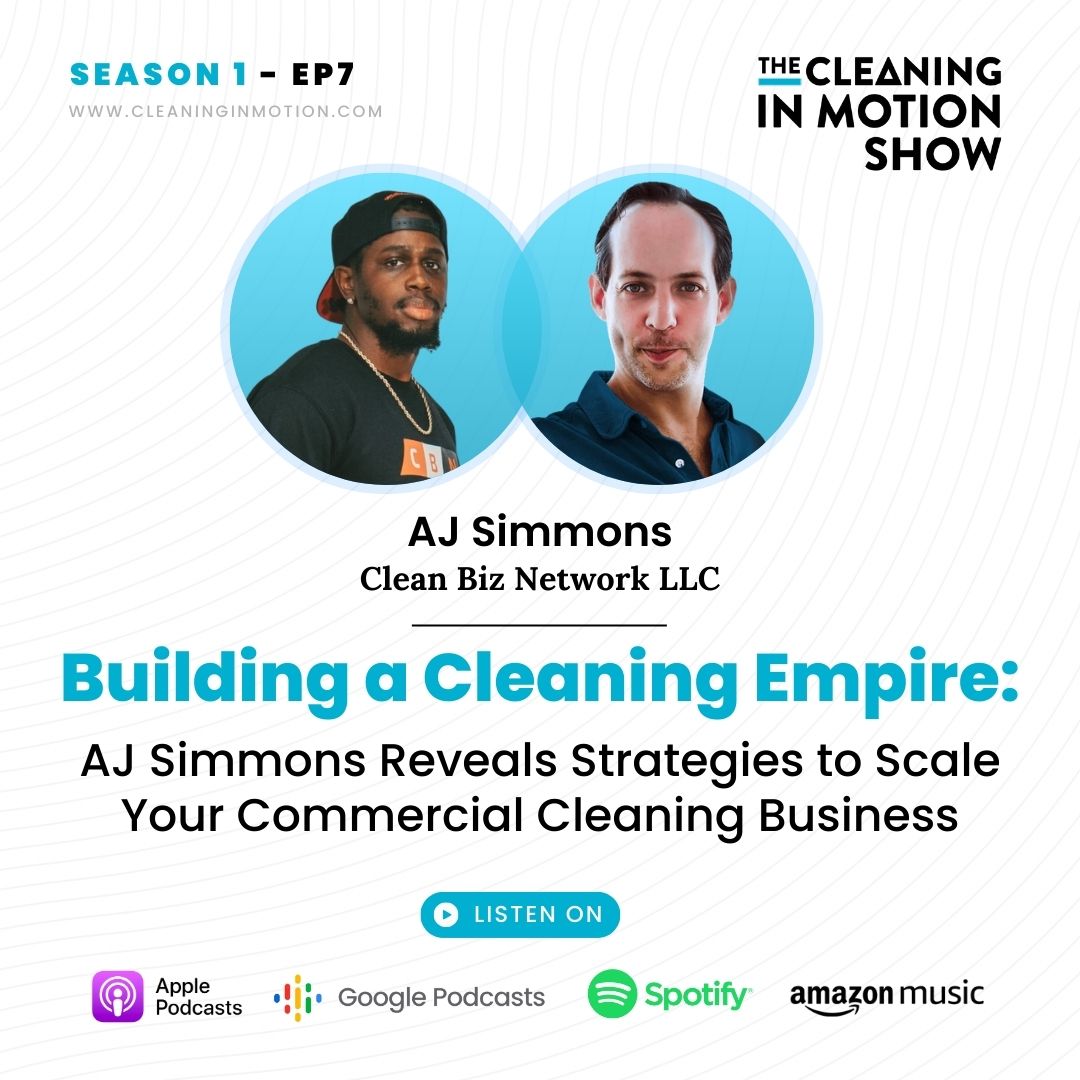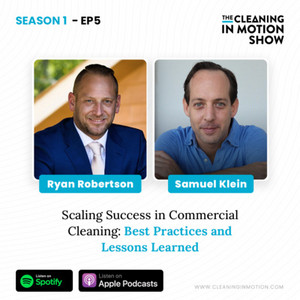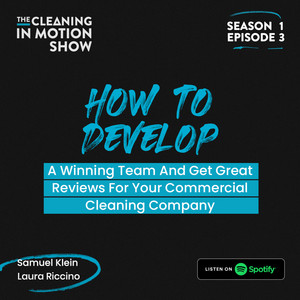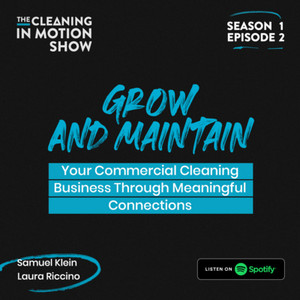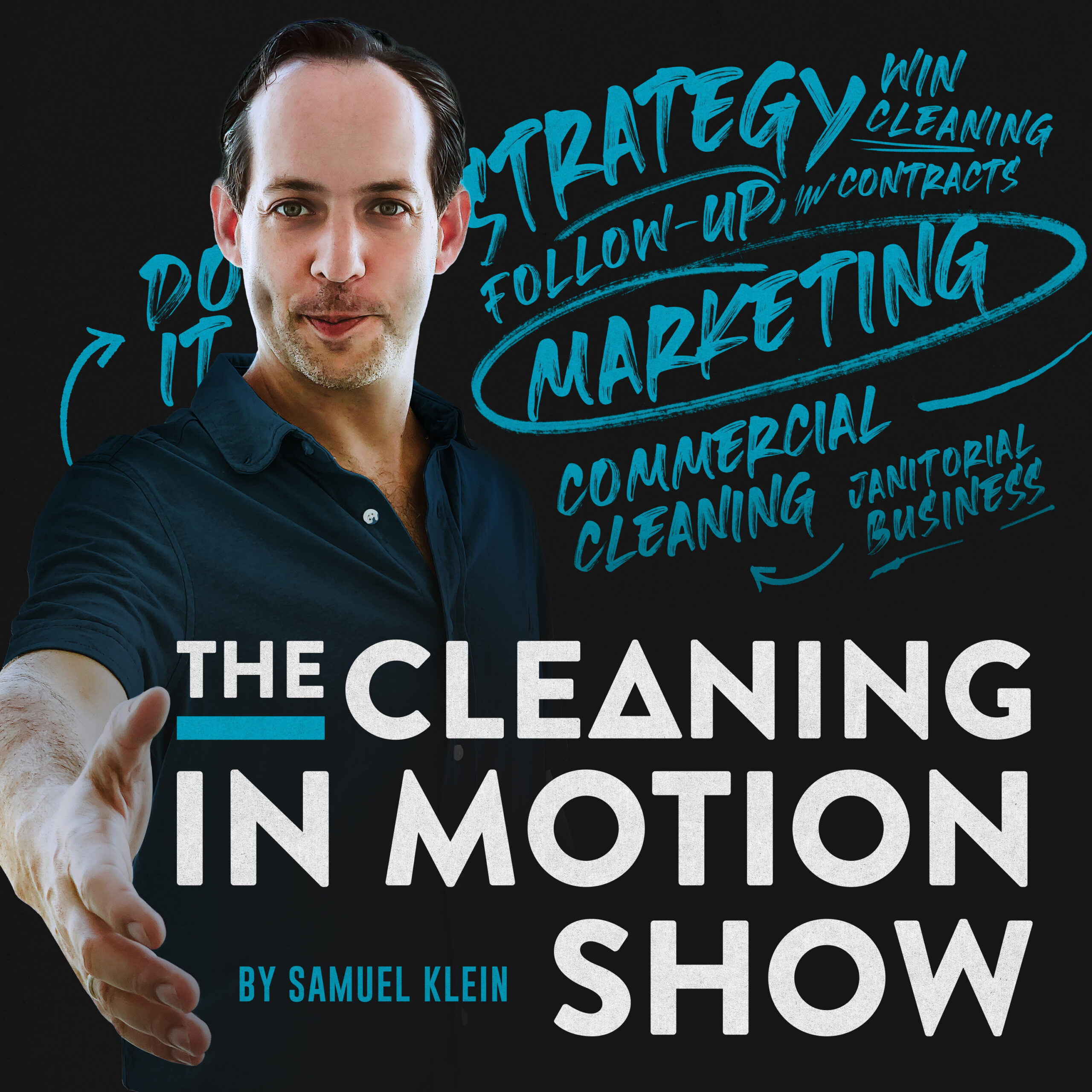

Behind Anago’s Success: Adam Povlitz on Building a Cleaning Powerhouse
Available in:
Sumary
In this in-depth episode of "The Cleaning in Motion Show," join our host Sam Klein, as he sits down with Adam Povlitz, CEO of Anago Cleaning Systems, to explore his unique journey from corporate finance to leading a national commercial cleaning franchise.
Adam delves into Anago's origins, sharing how a family venture in Florida blossomed into an industry-leading powerhouse nationwide. Discover the pivotal role of strategic hiring to assemble resilient teams, the art of sales, and the crucial balance between leveraging technology and maintaining personal connections in business.
Packed with strategic insights and personal anecdotes, this episode offers invaluable lessons on leadership, growth, and the future of commercial cleaning.
Link to the book discussed throughout the episode: https://shorturl.at/uvSX0
Transcript
[shortcode-transcript]






